The Ministry of Finance proposed to build an international financial center in Ho Chi Minh City in the area of District 1 (old) and Thu Thiem with an area of 686 hectares - Photo: CHAU TUAN
This is a breakthrough in attracting medium and long-term financial resources, creating a foundation for Vietnam's socio-economic growth in the new period.
A financial center should not simply be a geographical area with incentives... Otherwise, financial institutions operating in Vietnam will also move to the financial center to enjoy incentives while not creating or providing new financial services. Therefore, incentives need to be linked to investors' commitments.
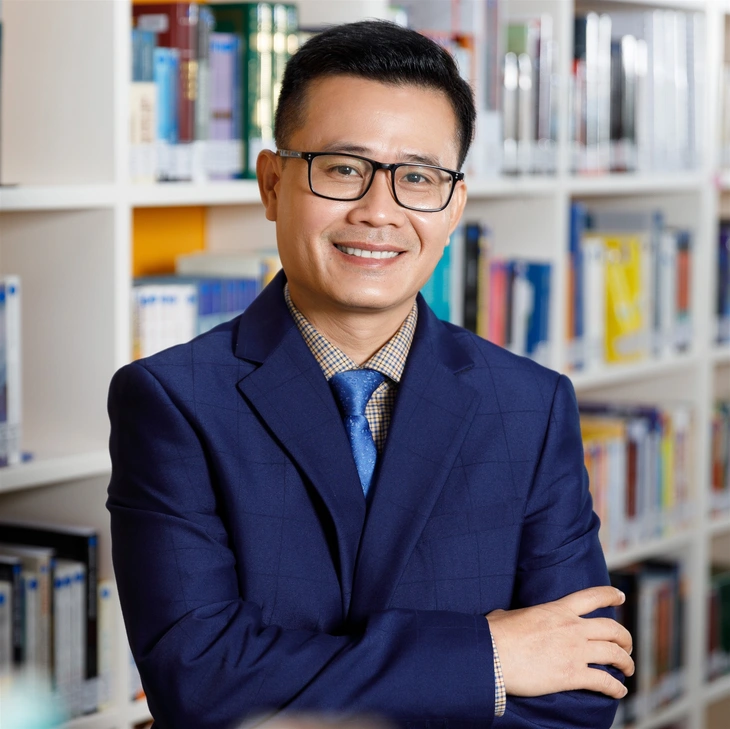 Mr. DO THIEN ANH TUAN
Mr. DO THIEN ANH TUAN
Infrastructure investment for financial center
In order for the International Financial Center to come into operation, from now until the end of the year the Government will issue 8 decrees related to the establishment and operation of the center.
These are decrees guiding financial policies such as taxes, incentives, securities, insurance, capital markets, membership, foreign exchange policies, banks, credit institutions, immigration policies, import-export policies, distribution of goods and services, trading floors, trading platforms, residence policies, labor, employment, land policies, construction, dispute resolution, etc.
In addition to the above "soft infrastructure", the Ministry of Finance is also submitting to the Government a proposal for strong investment in the center's hard infrastructure.
The area for the construction of the International Financial Center in Ho Chi Minh City as proposed by the Ministry of Finance is District 1 (old) and Thu Thiem with a planning area of about 686 hectares. In particular, the Thu Thiem area will apply a special mechanism to speed up the progress of urban railway lines and key connecting infrastructure such as pedestrian bridges, river buses, ports, etc.
At the same time, promote investment in the construction of functional area No. 1, especially 11 priority land lots from I-1 to I-11 to create a core area to attract strategic investors in the first phase.
As for Da Nang, the Ministry of Finance proposed to complete investment and put into operation the ICT building at Software Park No. 2 (phase 1) to organize the operation of the International Financial Center in the fourth quarter of 2025.
Early completion of investment and exploitation of Da Nang Data Center (phase 1), completion of licensing for installation of telecommunication cables for the ALC submarine optical cable project and the fiber optic cable landing station in Ngu Hanh Son ward (new), completion of investment and construction of Lien Chieu port, commencement of the project to expand the T2 international terminal of Da Nang international airport in the third quarter of 2025.
In addition, the Ministry of Finance also proposed investing in 5G mobile coverage in the central areas of Ho Chi Minh City and Da Nang ; investing in a system of computing servers, storage, monitoring infrastructure, and smart operations at Software Park No. 2 serving the Vietnam International Financial Center in Da Nang...
The Ministry of Finance also proposed many controlled testing mechanisms (sandboxes) for financial technology, upgrading the commodity trading market within the International Financial Center.
Notably, the mechanism encourages domestic and foreign investors to establish and operate physical commodity and derivatives exchanges, giving priority to Vietnam's priority agricultural products.
Aiming to build a Commodity Derivatives Trading Center as a clearing company, then upgrade to Ho Chi Minh City Commodity Exchange operating according to international standards.
What do experts recommend?
Speaking with Tuoi Tre, Mr. Do Thien Anh Tuan - lecturer at the School of Public Policy and Management, Fulbright University Vietnam - said that the most important thing for the International Financial Center is to be linked to the development needs of the economy.
That is the need for capital, the need to spread, promote innovation in the financial services sector, provide new financial services, and help the business community access capital more easily.
Therefore, according to Mr. Tuan, the establishment of an international financial center in Vietnam must aim to create new financial products and services with high added value, meeting the needs of the business community, investors, and startups.
For example, new forms of capital mobilization such as fintech (financial technology), crowdfunding (crowdfunding)...
Mr. Tuan emphasized that the financial center is not simply a geographical area with incentives. If incentives are created internally, even financial institutions operating in Vietnam will move to the financial center to enjoy incentives while not creating or providing new financial services.
Therefore, incentives need to be linked to investors' commitment to creating new financial services linked to innovation.
In Ho Chi Minh City, it is expected to develop capital markets, banks, currency markets, develop a testing mechanism (sandbox) for fintech, establish specialized trading floors, new trading platforms, and develop a commodity market.
For Da Nang, it will develop green finance, apply financial technology, digital services, and conduct controlled testing of digital assets, digital currencies, payments, and attract investment funds, remittance funds, and small and medium-sized fund management companies.
Outstanding offers in the International Financial Center in Vietnam
According to Resolution 222 of the National Assembly on the International Financial Center in Vietnam, many outstanding incentive mechanisms will be applied.
Regarding tax, corporate income (CIT) from the implementation of new investment projects arising in the International Financial Center in priority development industries is subject to a CIT rate of 10% for 30 years, with a maximum tax exemption of no more than 4 years and a 50% reduction for no more than the next 9 years.
Enterprise income from implementing new investment projects arising in the international financial center area that are not in priority industries is subject to 15% corporate income tax for 15 years, tax exemption for no more than 2 years and 50% reduction of tax payable for no more than the next 4 years.
Managers, experts, scientists, and highly qualified people working at the International Financial Center, including Vietnamese and foreigners, are exempt from personal income tax on income from salaries and wages earned from performing work at the center until the end of 2030...
Tuoitre.vn
Source: https://tuoitre.vn/trung-tam-tai-chinh-quoc-te-tai-viet-nam-du-kien-nam-o-dau-tai-tp-hcm-va-da-nang-20250720225736814.htm


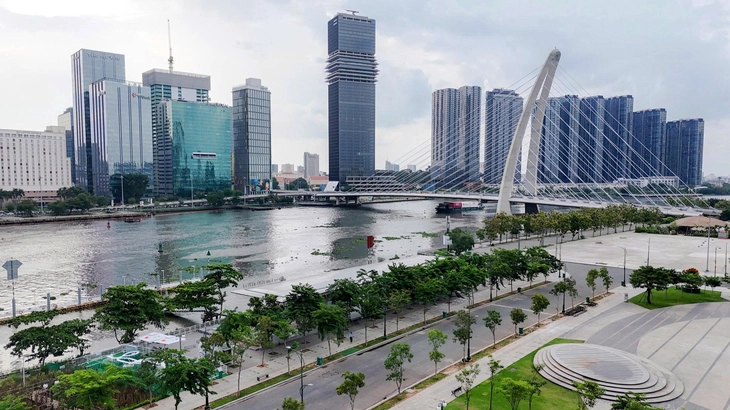
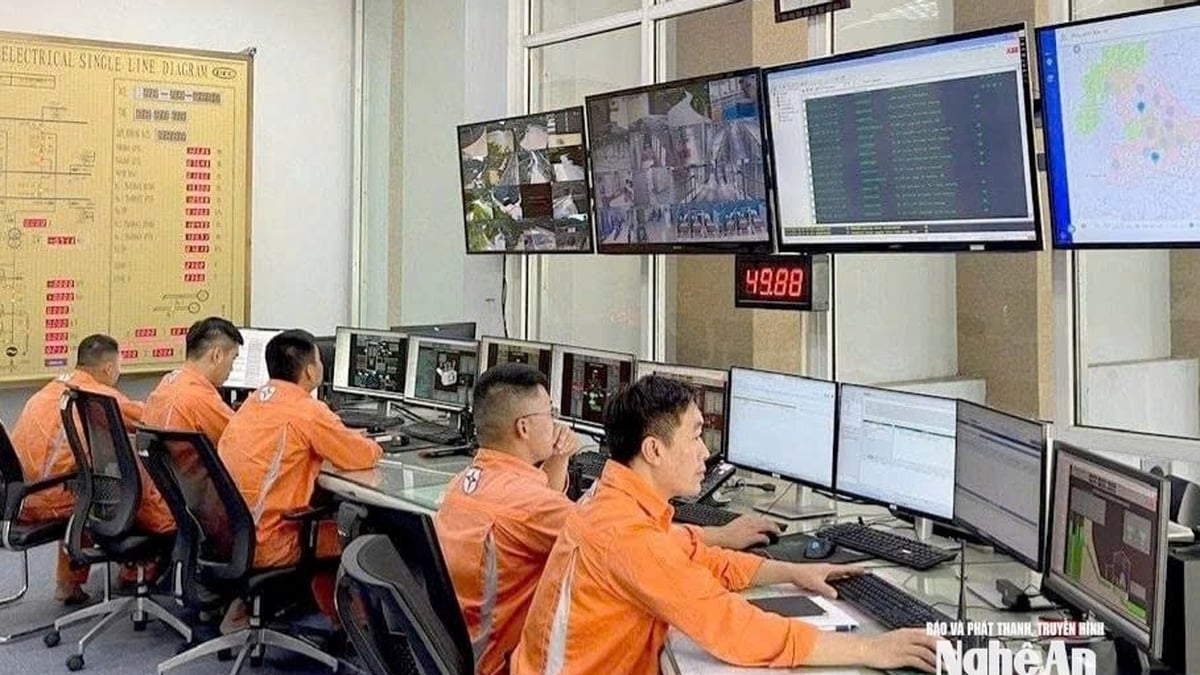

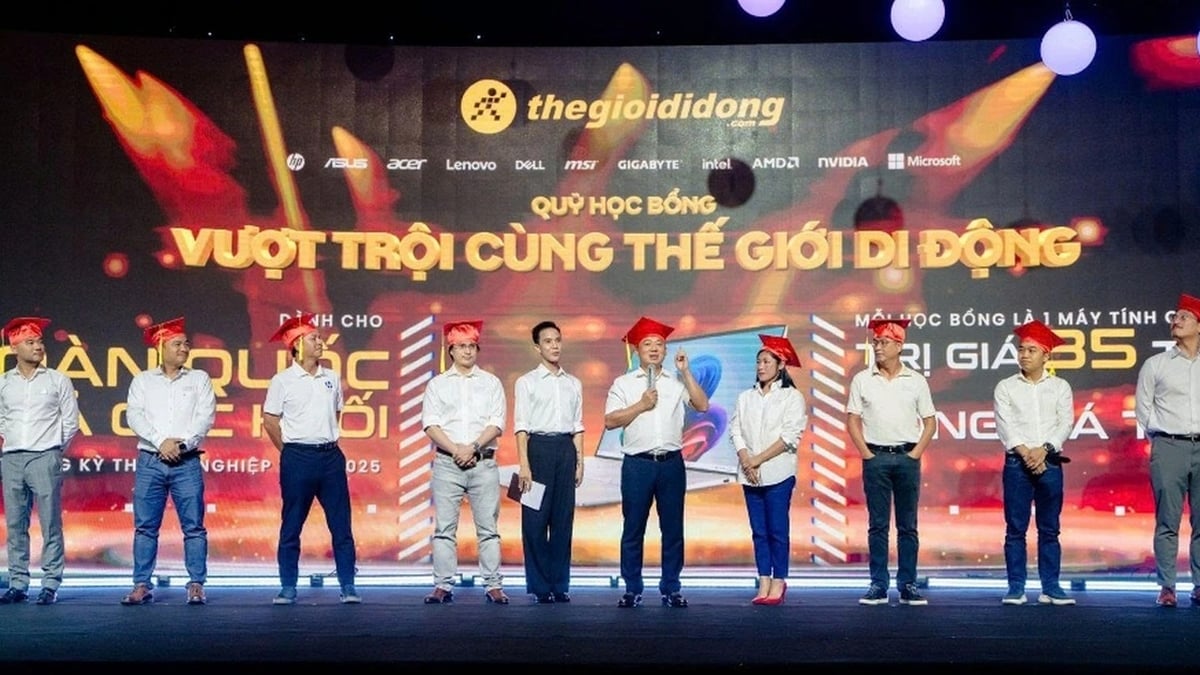
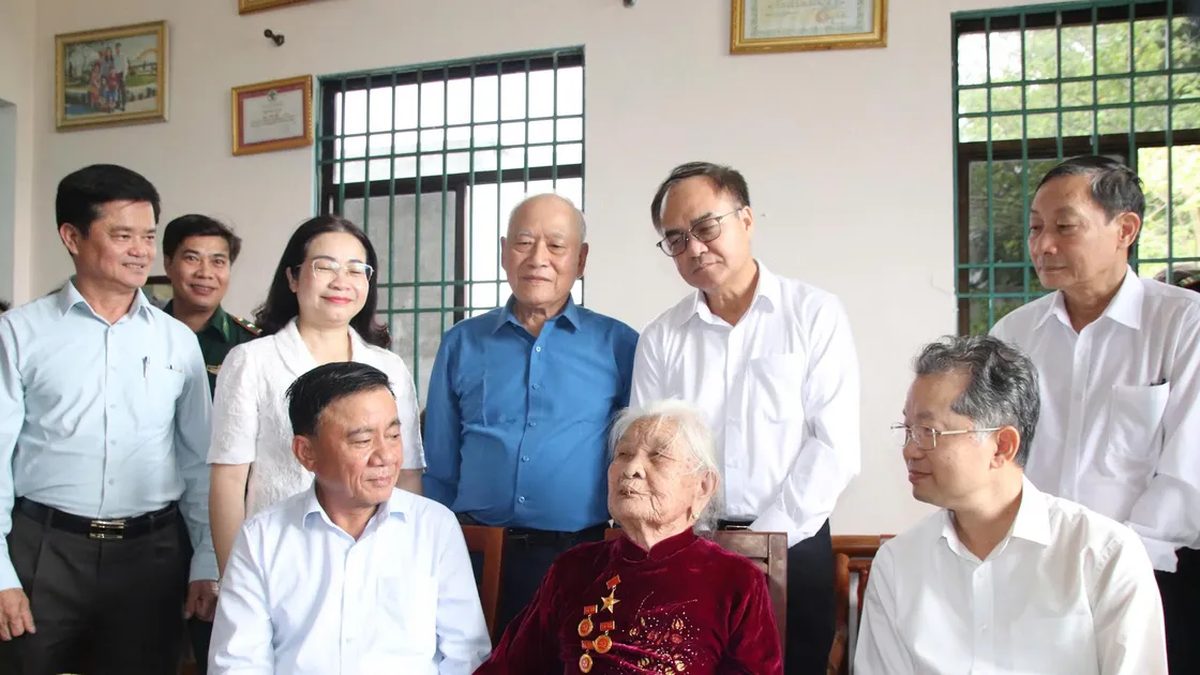
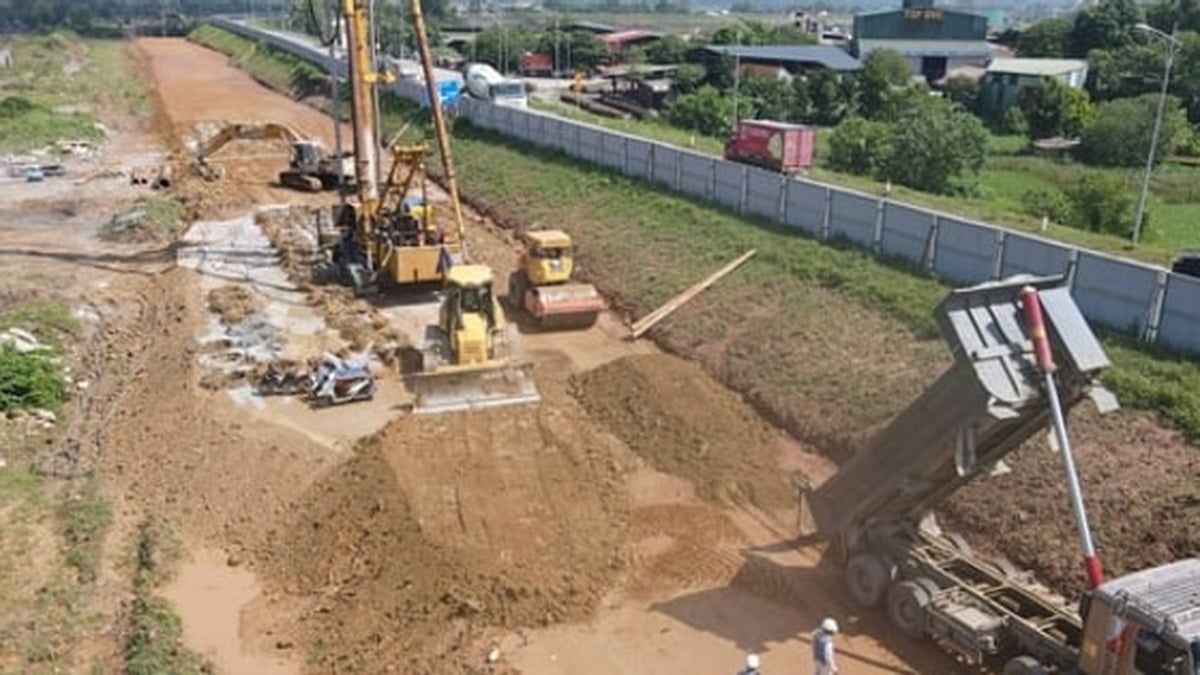
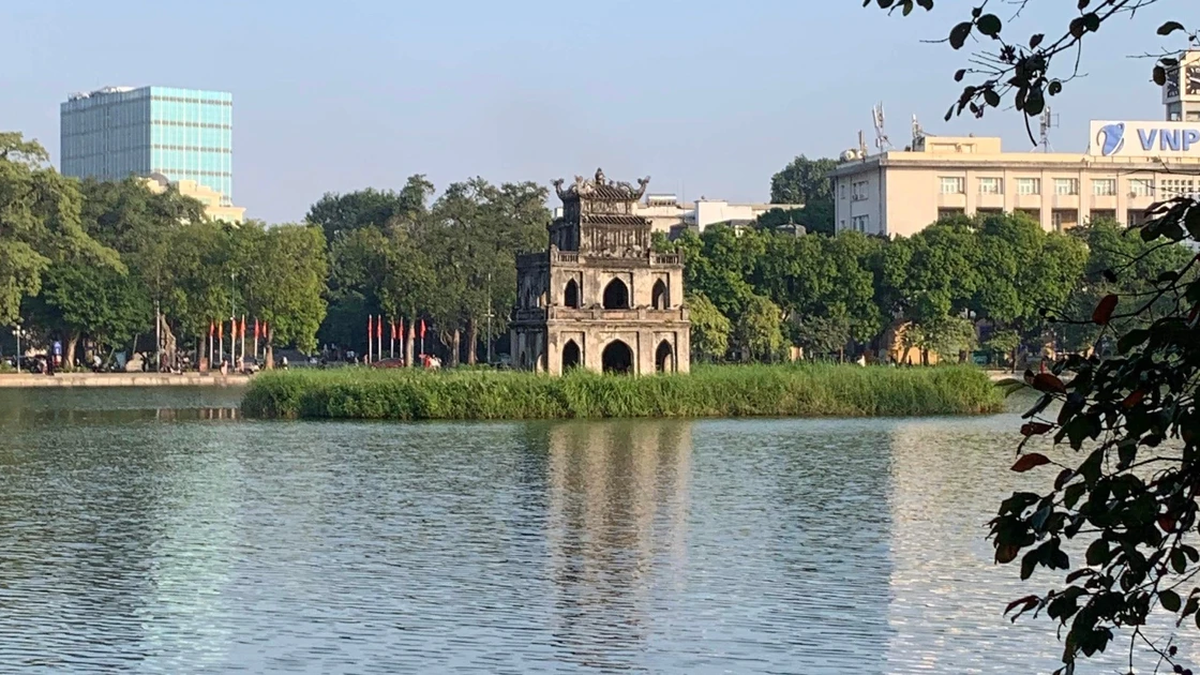
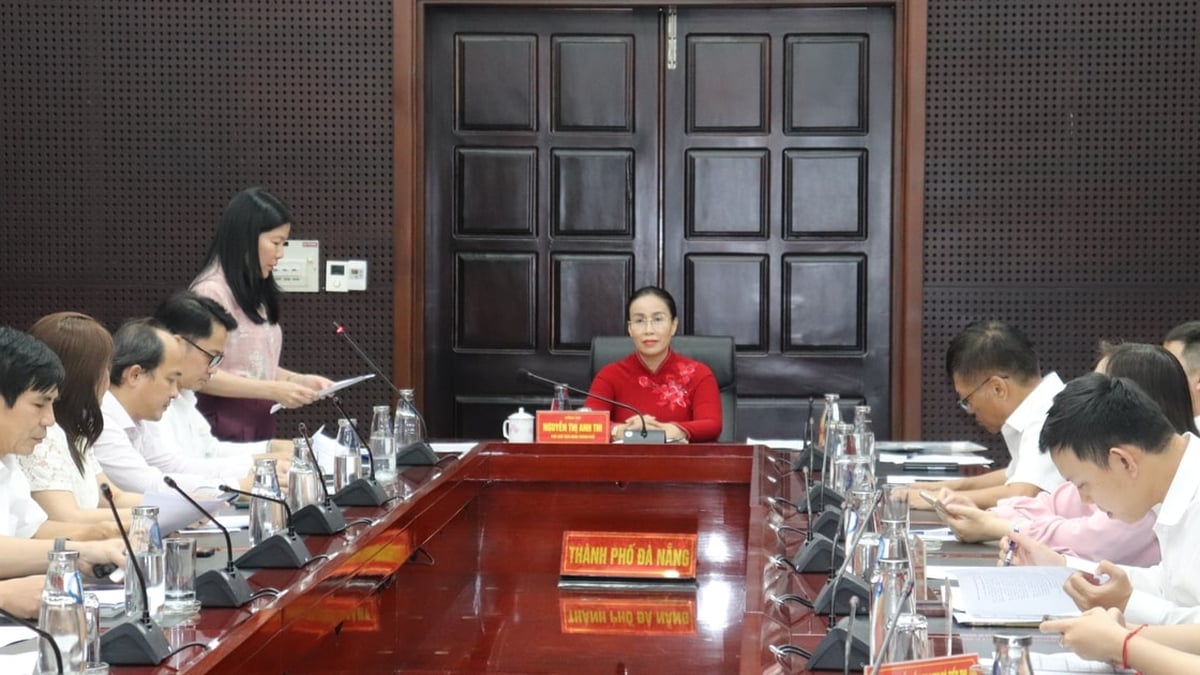
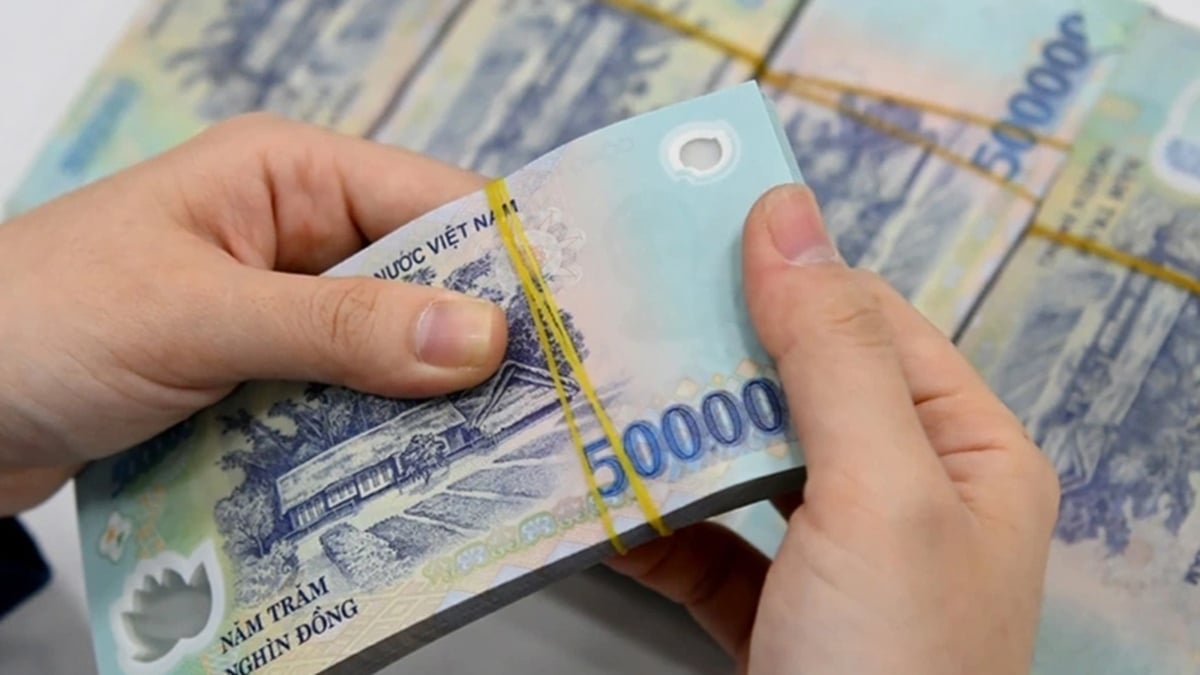
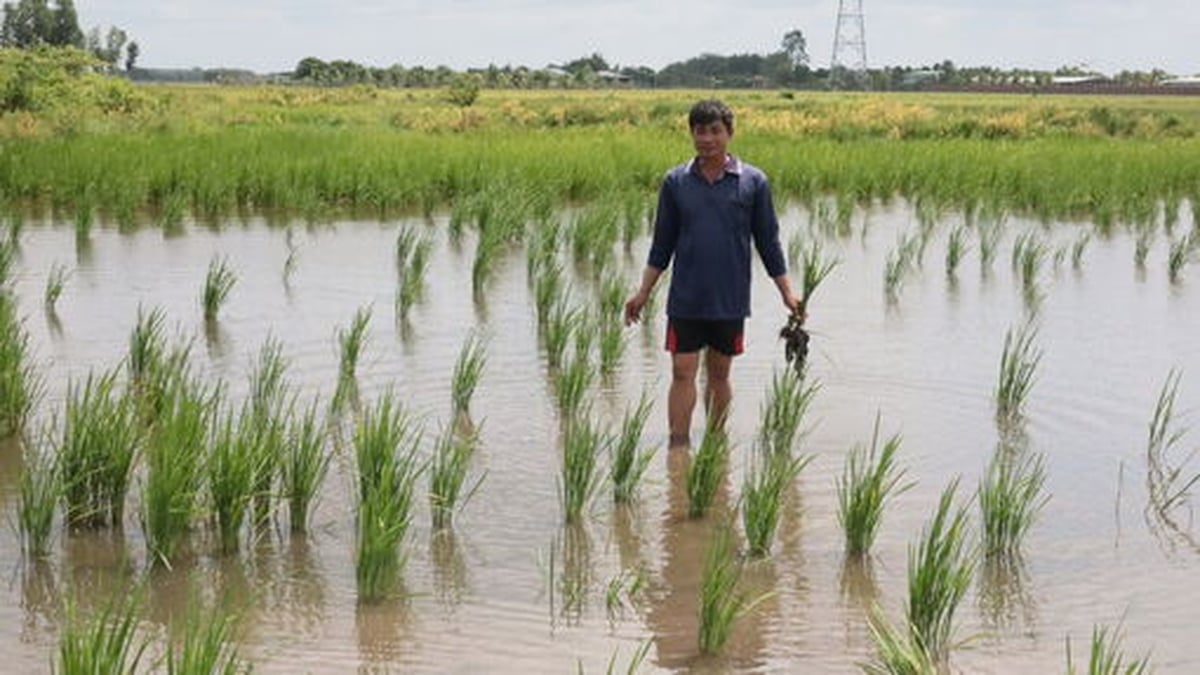
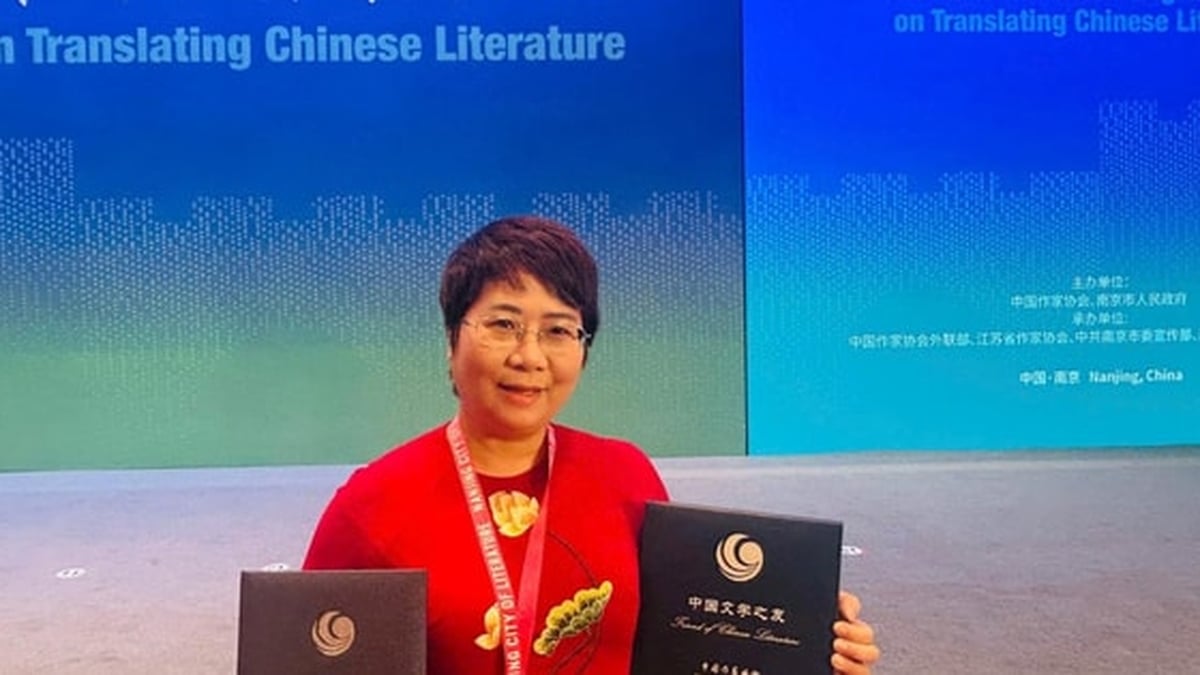











![[Photo] National Assembly Chairman Tran Thanh Man visits Vietnamese Heroic Mother Ta Thi Tran](https://vphoto.vietnam.vn/thumb/1200x675/vietnam/resource/IMAGE/2025/7/20/765c0bd057dd44ad83ab89fe0255b783)







































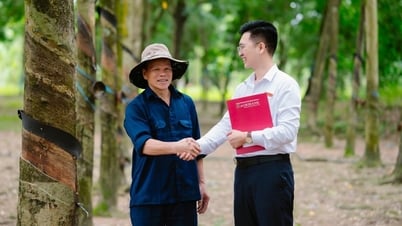






































Comment (0)